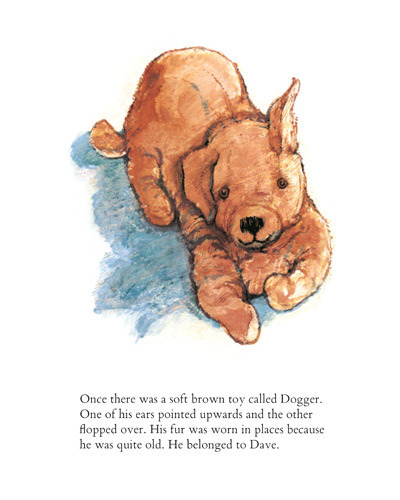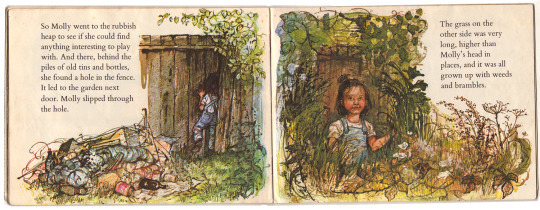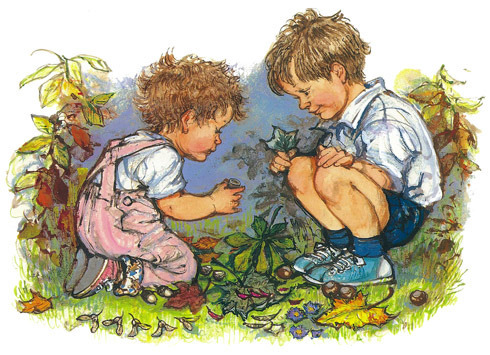#nostalgia acknowledged this series still aged so beautifully for me
Explore tagged Tumblr posts
Text
Inda’s on sale for the next few days if anyone wants to peer into my heart.
If I loved this series less I would be able to talk about it more (eloquently), but these books have such a profound and intricate sense of events—what drives the people who motivate change, for better or worse. Its characters are complex and rarely flat, and while the series is about battle, politics, and war, and the people are always flawed, its heartache is spectacularly, beautifully woven.
Sherwood Smith calls these books the historical arc, and I think they capture the way history moves, all while allowing you to see the people who created it and why they did. To me, it’s a masterwork of character and sociological storytelling, from the complexities of love and loyalty to the absence of both.
And if you enjoy the first book, I’m pretty damn sure you’ll love the second (and hopefully the third and fourth too).
#Sherwood Smith#Sartorias-deles#Inda#I'm rereading Inda (the first book) for the third time#and really taking my time (circumstantially but nonetheless)#and peering at these characters with a microscope is feeding me like nothing else#I read this series all the way through when I was . . . 13?#their impact was immense enough that it's hard to track#reread them about a decade later to see if they hold water and was just#blown away#some childhood favorites don't#nostalgia acknowledged this series still aged so beautifully for me#and was all the more impactful because I roughly remembered what would happen#might not be everyone's cup of tea but BOY is this series mine#anne speaks#book talk
19 notes
·
View notes
Text
Shirley Hughes

When it comes to bedtime (and morning and afternoon) reading, I’m not sure I’ve enjoyed sharing any author’s work more than Shirley Hughes. Undoubtedly, part of this is due to nostalgia on my part. Her Dogger was probably the book I read more than any other as a child and one of the first books I bought as a parent. The nostalgia here is twofold — for the remembered pleasure of discovering her books, but more so for the seemingly lost world they depict.
It’s a cliched lament for parents to yearn for the apparent simplicity of their own childhood, but I get a real pang looking at the screen-free days, large backyards, intimate neighbours and kerbside games on show in books such as Moving Molly and Alfie Lends A Hand. If Hughes’s time machine has a particular power, that’s largely due to how vivid and real her work seems. Part of that is down to her illustration style. At a glance it might almost be called unpretty, but there is something unusually tactile to her slightly scruffy figures and the furiously detailed backgrounds. Her characters and settings almost feel more familiar than those from my own memories of childhood.

While I often transposed myself into the characters of books I read as a child, I don’t think I ever felt that books were about me in quite the same way as I felt Dogger was about me. That wasn’t entirely because protagonist Dave is a good spit for my four-year-old self. It was because Hughes conjures an emotional life for her child characters that is almost unparalleled in the world of picture books. The dramas here are perfectly sized. There’s terror as Alfie accidentally locks himself in the house with Mum on the street, or grief as he loses his pet stone, or excitement when the roof leaks while he’s at home with a babysitter. Molly comes to terms with an unfamiliar environment. Carlos wishes for a new bike, but finds joy in not getting what he wants. Dave, of course, is heartbroken when he thinks his lost toy dog is gone forever.
I’ve seen both our kids connect with these simple dramas and the complex emotions they elicit. It’s easy to underestimate the trauma wrought on young minds by apparently trivial upsets, but Hughes has an extraordinary empathy for the children she writes and draws so beautifully. Everything is an adventure, everything matters, and everything can be dealt with – by determination, negotiation, patience or resilience.
Dogger

This was a – if not THE – formative book for me (like myself, it has recently celebrated its 40th birthday). I suspect it still informs my worldview in ways I can’t entirely pinpoint. It’s a story about loss that ends up not quite being a story about loss. When collecting his older sister Bella from school, Dave loses his favourite toy and best friend — the eponymous Dogger. Mum and Dad search everywhere, but Dogger is nowhere to be seen. At the school fair on the weekend, Dogger turns up on one of the toy stalls, but Dave doesn’t have enough money to buy him back. He runs to Bella for help, but not before Dogger has been bought by somebody else.
This book is such a rollercoaster of emotions. Indeed, so profound was its effect on my young heart, that I had misremembered it as a tragedy. While the (spoiler) happy ending brings a sense of great relief, the gutpunch moment is the display of sibling love on the part of Bella, who sacrifices a toy of her own to save Dave’s Dogger. This is all the more moving as it follows a bout of resentment on Dave’s behalf towards Bella, as she is having a much better day than he is. There’s such a closely observed honesty to the line: “At that moment he didn’t like Bella much either because she kept on winning things.”

Hughes was apparently inspired to write Dogger out of fear one of her children would lose their most precious toy (Dogger actually existed, but was never lost). It’s a recurring nightmare for this parent too. Child Two has gone through half a dozen foxes (we prepared for this eventuality), whereas Child One was once briefly separated from her Pooh Bear (who has no understudy). When that happened, I oddly found myself more worried about the Bear than the child. We could have persuaded her to accept a substitute, but I’m not sure I could have lived comfortably with the knowledge that the original bear was out there, wondering why his best friend had never come back for him.
Moving Molly

This was a recent, timely discovery. We had to move twice in the space of 12 months, which was a bit traumatic for all of us, not least Child One. This book was a salve for her feelings of dislocation and uncertainty. Molly’s family leave behind a basement flat in the city for a large house in the middle of nowhere. While she likes having her own room, she misses the busyness of the city and her neighbourhood friends. Left to her own devices (a luxury children had in the 1980s), she discovers an overgrown garden next door (hints of The Secret Garden) and conjures up a raft of solitary adventures. It’s a simple tale that acknowledges loneliness and boredom, while assuring the reader they already possess the equipment to overcome. Life doesn’t stand still for long; it’s up to us to make what we can of it. I particularly enjoy the double-page spread (not pictured) in which Molly’s reality is paired with a number of imagined adventures.

Trotter Street

This anthology series follows the exploits of a group of kids from a London street. While Hughes generally seems to focus on white, probably middle class characters (I hasten to add that her illustrations and supporting characters always depict a multicultural Britain), here she broadens her scope somewhat. Characters such as Carlos – who lives in a council house with his brother and single, working mother – are from more diverse backgrounds.

Actually, it’s worth noting that all her books depict a reasonable array of different sorts of families. While the mother is usually the primary caregiver, I never had a sense of her worlds being afflicted by rigid gender roles. I’ve only tracked down four books in this series, but suspect the original intent was to explore the sort of characters and situations that often exist at the periphery of her stories. As it is, these are great tales, possibly aimed at a slightly older audience than Dogger and Alfie, but nonetheless devoured by our (then) three-year-old. She was particularly inspired by Angel Mae, who enjoys her stage debut in the school nativity play as the “Angel Gave-You.”
Alfie

These are such a rich collection of stories. It’s a treat to be able to see Alfie grow and his relationships with friends (notably bad boy Bernard) develop. Likewise, sister Annie Rose goes from being a bit part baby to an involved and troublesome toddler. It’s probably Hughes’s most elaborate world, with the neighbours portrayed as vividly as Alfie and co (one of the stories deals rather beautifully with the death of a neighbour’s much loved moggy).

What I think I like most about these tales is the focus on relationships — friends, siblings, parents, friends of parents, neighbours. In Alfie Lends A Hand, Alfie has to negotiate his own unease at going to a party without Mum, while balancing the conflicting needs of two of his friends. In helping others, he learns something of his own strength. I never tire of reading these stories, although I’m grateful for the audiobook collection (read delightfully by Roger Allam, with music and sound effects) as the children’s enthusiasm for them exceeds even my own.

Age and stage: 2+
Gender stuff: Pretty great, really. While you could argue that most of the protagonists are male, there are some really well-crafted and atypical female characters throughout her work. Take Bella, for example. Athletic and pragmatic, where Dave is dreamy and sensitive. Likewise, male characters like Alfie resist the usual rough-and-tumble stereotype. Both Alfie and Dave are pictured crying without this being a reflection on the state of their masculinity.
Drama: realist, very child-centred, usually resolved without trauma.
Outdated bits: I’m really reluctant to pick out the old-fashioned bits, because many of those are my favourite bits. You could argue that the Britain pictured looks a bit monocultural by 21st century standards, but Hughes does a much better job at representation than almost any other picture book writer of her time.
Themes: kindness, resilience, bravery, compassion, disappointment, change, love, loss, friendship, community, stuffed animals.
4 notes
·
View notes